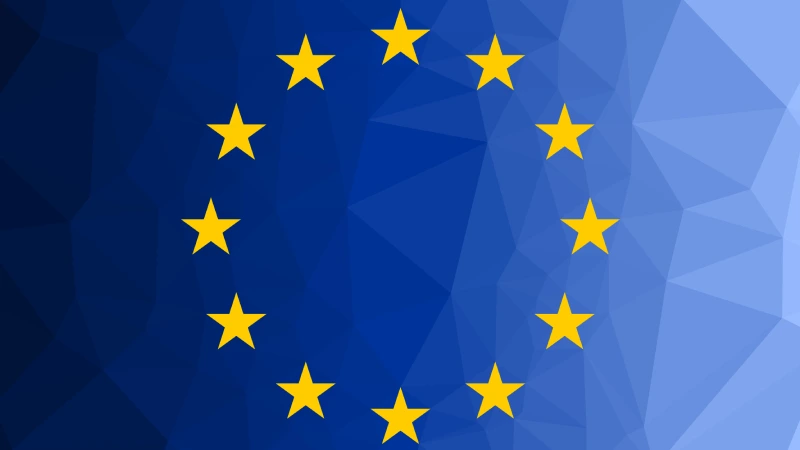Overview
E-invoicing has become a cornerstone of modern business operations, helping companies streamline processes, reduce errors, and stay compliant with global regulations. At the heart of this evolution is Peppol (Pan-European Public Procurement Online), an international standard that enables seamless e-document exchange across borders.
As the demand for efficiency and global interoperability intensifies, Peppol 3.0 is poised to take e-invoicing to the next level, offering enhanced capabilities that will shape the future of business transactions. But what exactly is Peppol 3.0, and how will it transform the way we handle invoicing and cross-border communication? Let’s dive into the future of interoperability in e-invoicing.
Understanding Peppol and Its Role in E-Invoicing
Peppol is a global network that simplifies the electronic exchange of business documents, including invoices, purchase orders, and shipping notices. Developed initially for European public procurement, it has now expanded beyond Europe, with countries like Australia, New Zealand, Singapore, and Japan adopting Peppol for both public and private sector transactions.
The key advantage of Peppol lies in its interoperability framework. It enables businesses, regardless of their systems or software, to communicate seamlessly. By adhering to a set of standardized e-document formats and protocols, Peppol eliminates the need for custom integrations between business partners, ensuring smoother, faster, and more secure transactions.
What’s New in Peppol 3.0?

Beyond Peppol 3.0: The Future of E-Invoicing Interoperability
Global Expansion of Peppol
As more countries adopt mandatory e-invoicing, the global expansion of Peppol is inevitable. This growth will drive the need for even greater interoperability across different regions and industries. The Peppol network will likely expand its reach into new markets, making it a truly global standard for e-invoicing.
Artificial Intelligence and Automation
AI and automation will play an increasingly important role in e-invoicing, helping businesses streamline their processes and reduce manual intervention. The future of e-invoicing will see greater automation in areas such as invoice matching, error detection, and compliance checks. Peppol will need to evolve to support these innovations, ensuring that businesses can fully leverage the benefits of AI and automation in their invoicing processes.
Real-Time Data Exchange
Real-time data exchange is another trend that will shape the future of e-invoicing. Governments and businesses are increasingly pushing for real-time reporting and transaction visibility. Peppol will need to enhance its real-time capabilities, allowing for instantaneous exchange of invoices and other business documents, thus improving cash flow and transparency in business transactions.

Conclusion
As digital transformation accelerates and cross-border transactions become standard practice, SmartPeppol is a vital tool in helping businesses adapt to these changes. SmartPeppol, built on the Peppol 3.0 framework, goes beyond basic e-document exchange by offering advanced features like real-time data exchange, enhanced global interoperability, and seamless integration with technologies like AI and blockchain. These capabilities ensure businesses can remain competitive, compliant, and efficient in this dynamic digital ecosystem.



